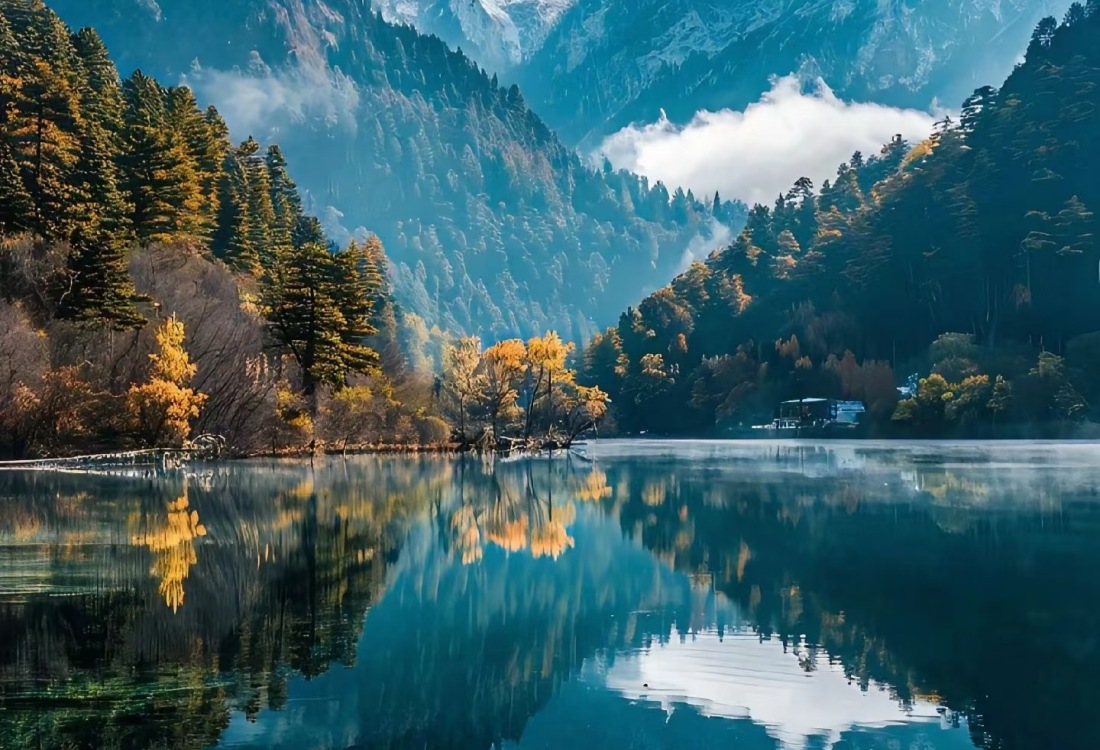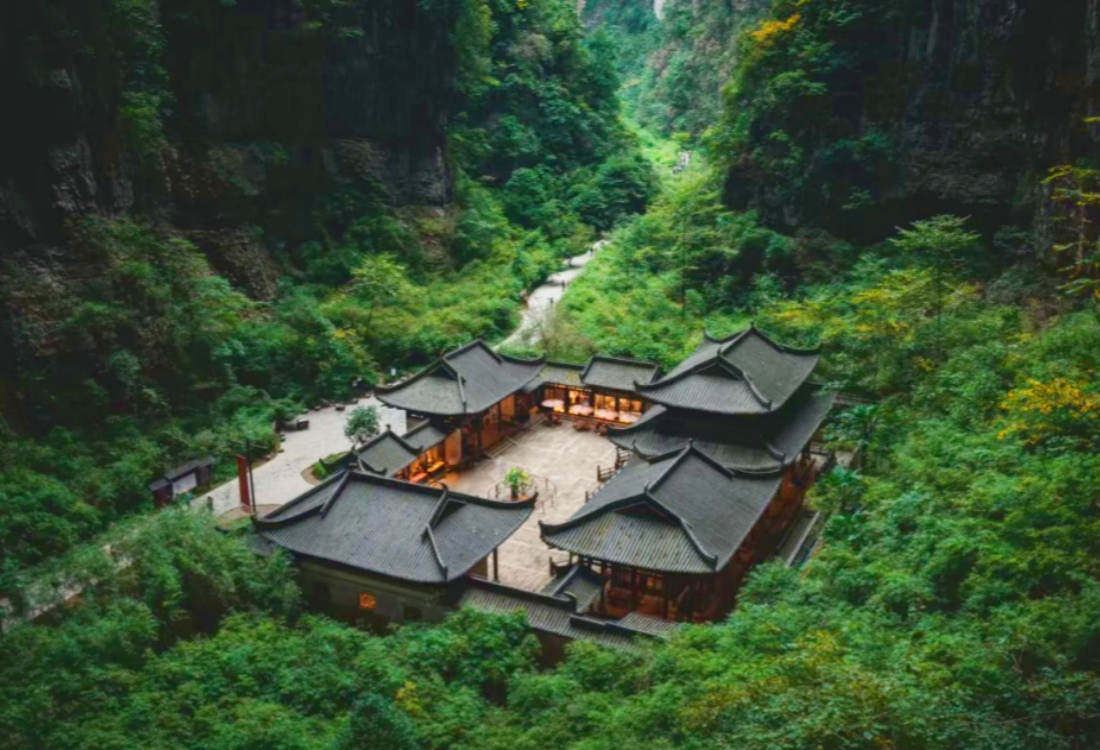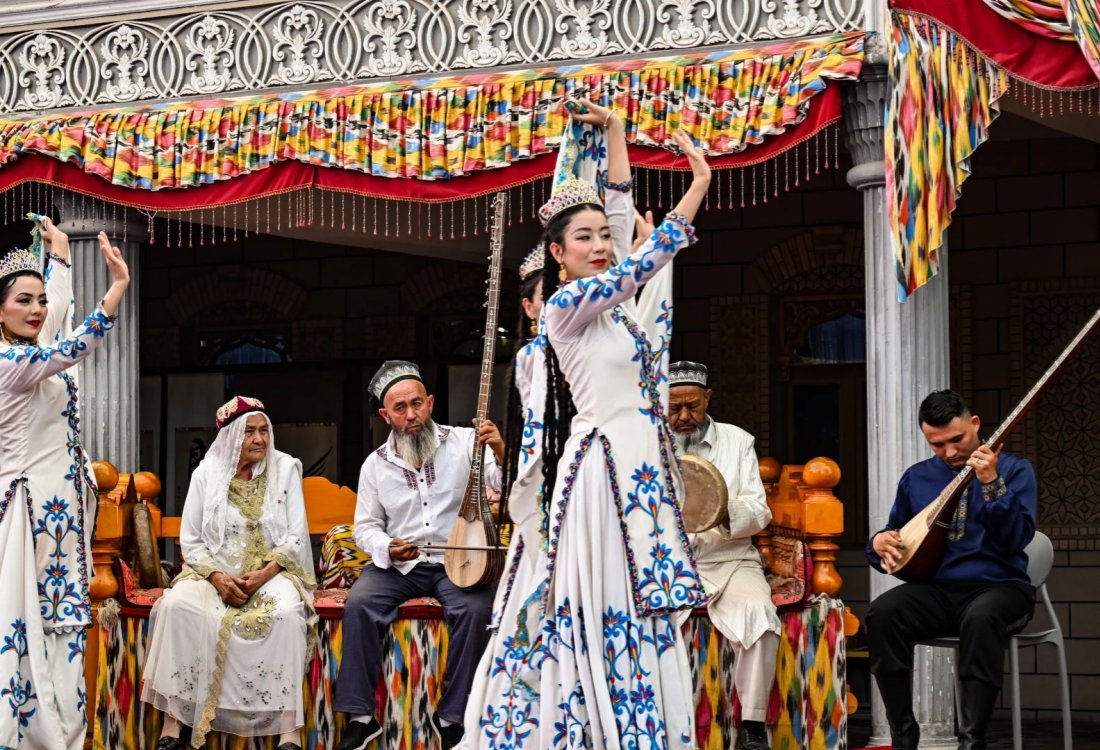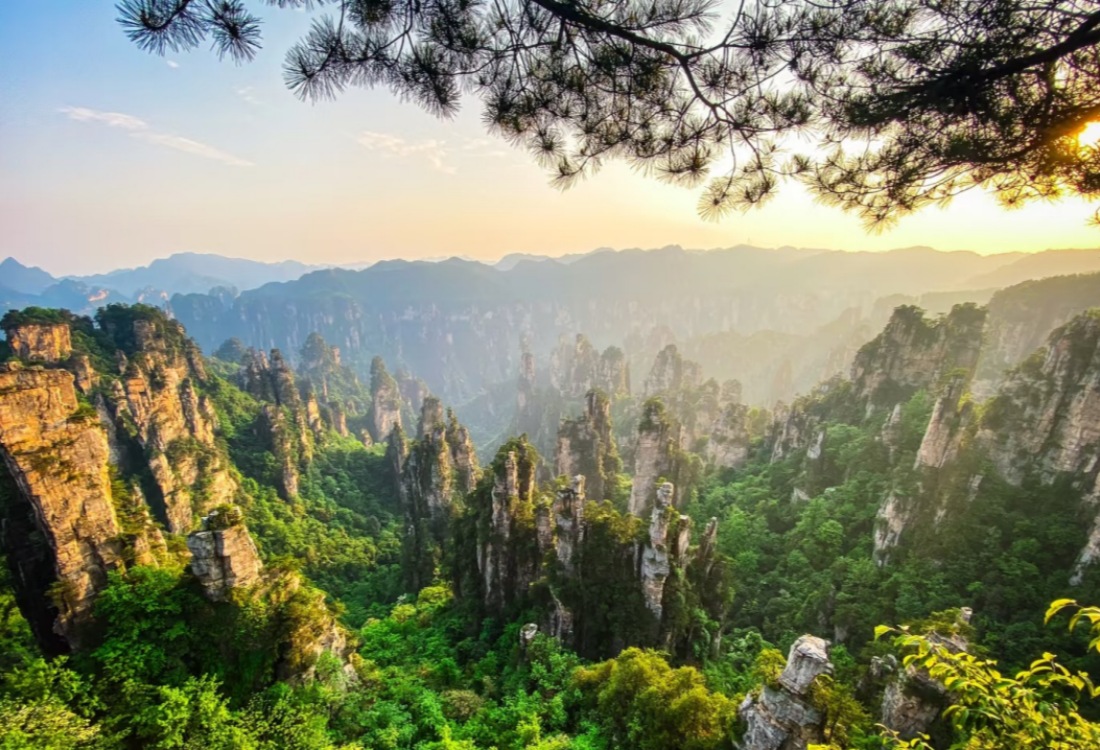Table of Contents
ToggleThe Silk Road, an ancient network of trade routes that once linked the East with the West, is a fascinating and historically rich region to explore. Stretching across diverse landscapes from China to the Mediterranean, the Silk Road offers a wealth of cultural, architectural, and natural wonders.
Summer is one of the best times to visit, as the weather is warm, and many of the region’s unique attractions come to life under the sun. Whether you’re interested in ancient caravanserais, bustling bazaars, or awe-inspiring landscapes, the Silk Road has something for every traveller.
Here’s your expert guide to the top places to visit on the Silk Road during the summer months.
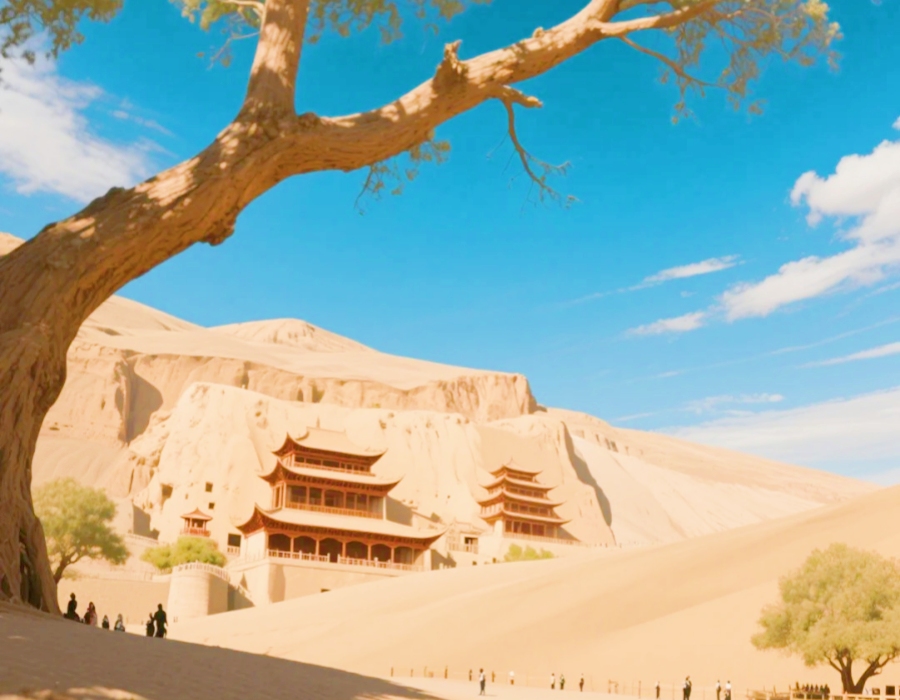
What’s Summer Weather Like on the Silk Road?
The Silk Road spans many regions, from the arid deserts of Central Asia to the high mountain ranges of China and the Middle East, meaning the summer weather can vary greatly. In the lowland deserts, temperatures can soar above 40°C (104°F), especially in cities like Turpan and Samarkand, while higher altitudes like the Tianshan Mountains offer cooler temperatures. The summer months (June to August) are generally dry, with clear skies and plenty of sunshine.

What to Wear and pack for Summer on Silk Road?
While exploring, it’s essential to stay hydrated, wear sunscreen, and carry light, breathable clothing for the heat, but also pack layers for cooler evenings, especially in mountainous regions.
Top Attractions to Visit on Silk Road During Summer
The Silk Road is a treasure trove of historical landmarks, vibrant cultures, and spectacular landscapes. Summer is the perfect time to visit, with longer days allowing you to fully appreciate the grandeur of these iconic destinations.
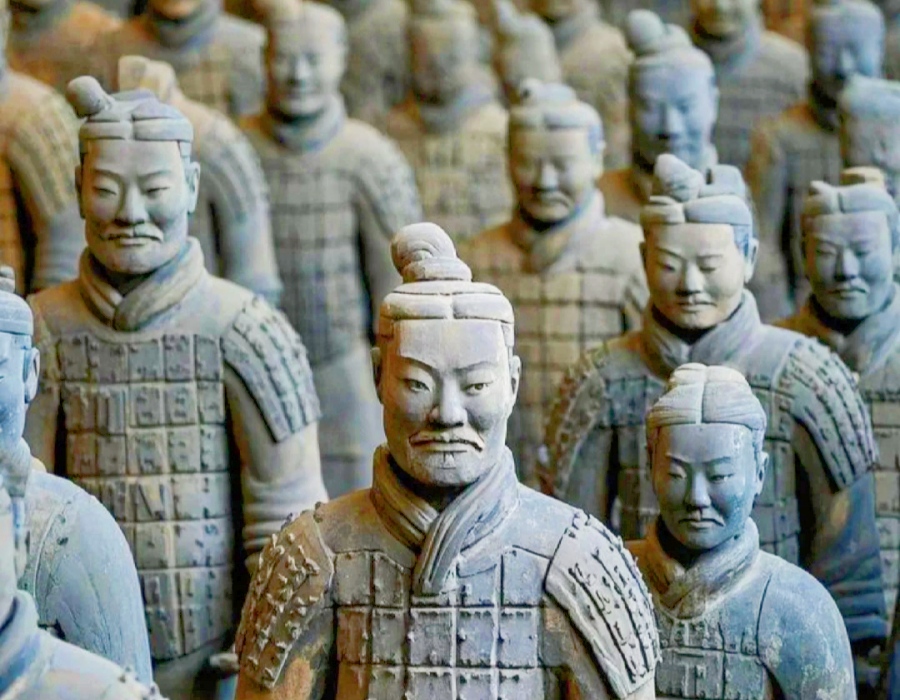
Xi’an: The Starting Point of the Silk Road
Xi’an, the ancient capital of China, is often considered the eastern gateway to the Silk Road. As the starting point of the trade route, it offers a wealth of historical sites that are best experienced in the summer when the city is alive with visitors and cultural events. The Terracotta Army, the ancient city walls, and the Big Wild Goose Pagoda are all top attractions.
Summer also brings the opportunity to explore Xi’an’s bustling Muslim Quarter, famous for its vibrant markets and mouthwatering street food. This city is an essential stop for anyone wishing to understand the roots of the Silk Road.
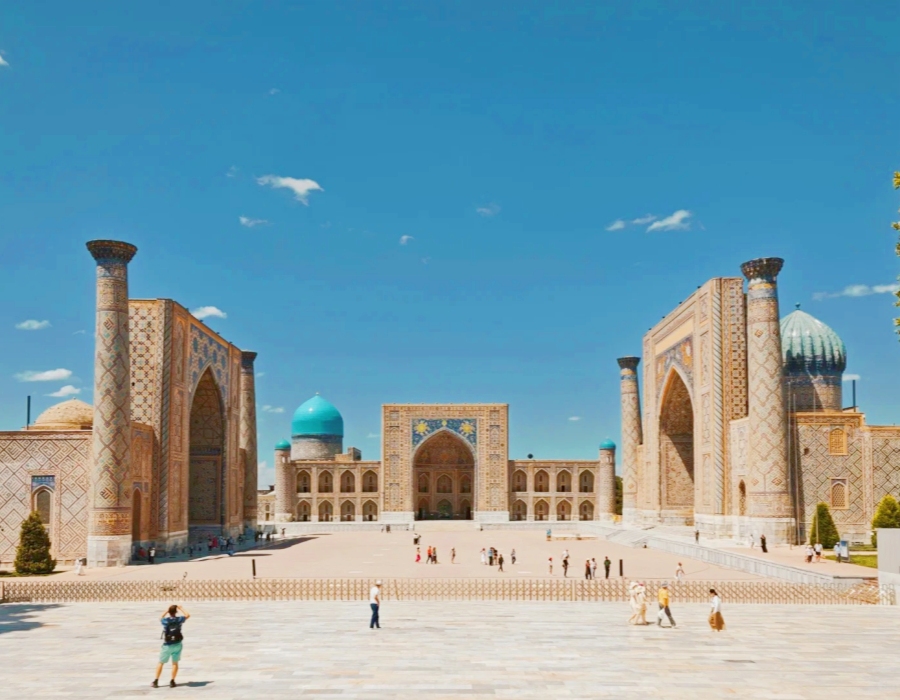
Samarkand: The Jewel of Central Asia
Samarkand, one of the most famous cities along the Silk Road, is a must-visit destination in summer. The city’s iconic Registan Square, surrounded by magnificent madrasas and minarets, comes alive under the summer sun, with the vibrant blue tiles of the buildings shimmering in the light. Summer is also the perfect time to explore Samarkand’s historical mosques, mausoleums, and the famous Bibi-Khanym Mosque. Don’t miss the Shah-i-Zinda Necropolis, a stunning complex of mausoleums that offer a glimpse into the region’s Islamic architecture and history. Samarkand’s gardens, bazaars, and cafes are especially inviting in the summer months.
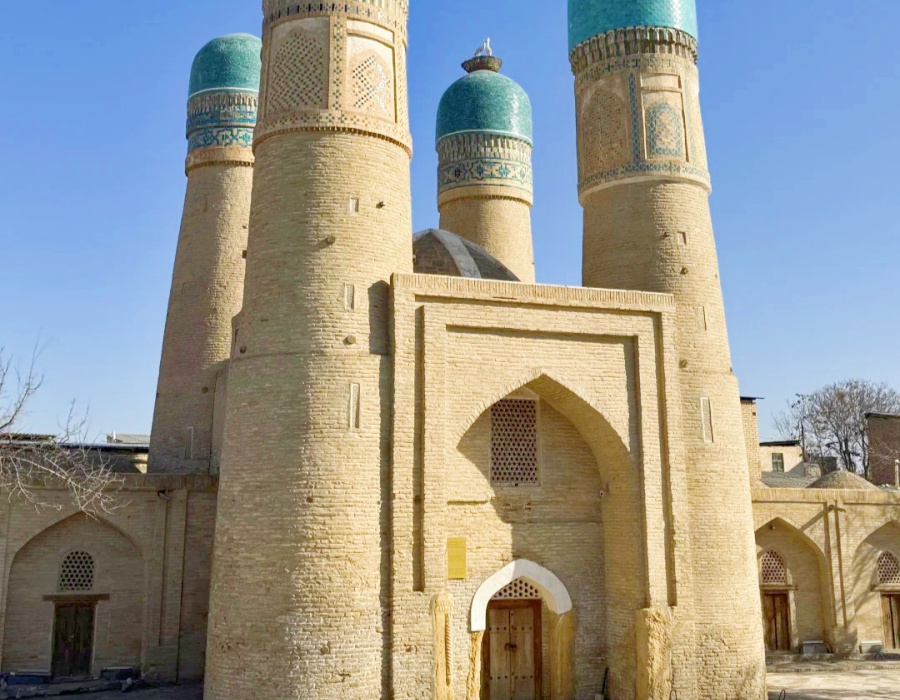
Bukhara: A Timeless Silk Road Oasis
Bukhara, an ancient city in Uzbekistan, is a key stop on the Silk Road, and summer is an ideal time to visit this cultural and architectural gem. The city’s well-preserved madrasas, mosques, and caravanserais stand as a testament to the region’s historical importance. The summer heat brings the vibrant atmosphere of the Bukhara Bazaar, where you can find spices, textiles, and traditional crafts. The Ark Fortress, Bolo Haouz Mosque, and the picturesque Chor-Minor are some of the must-see landmarks. Bukhara’s peaceful courtyards and shaded tea houses provide a perfect respite from the summer sun.
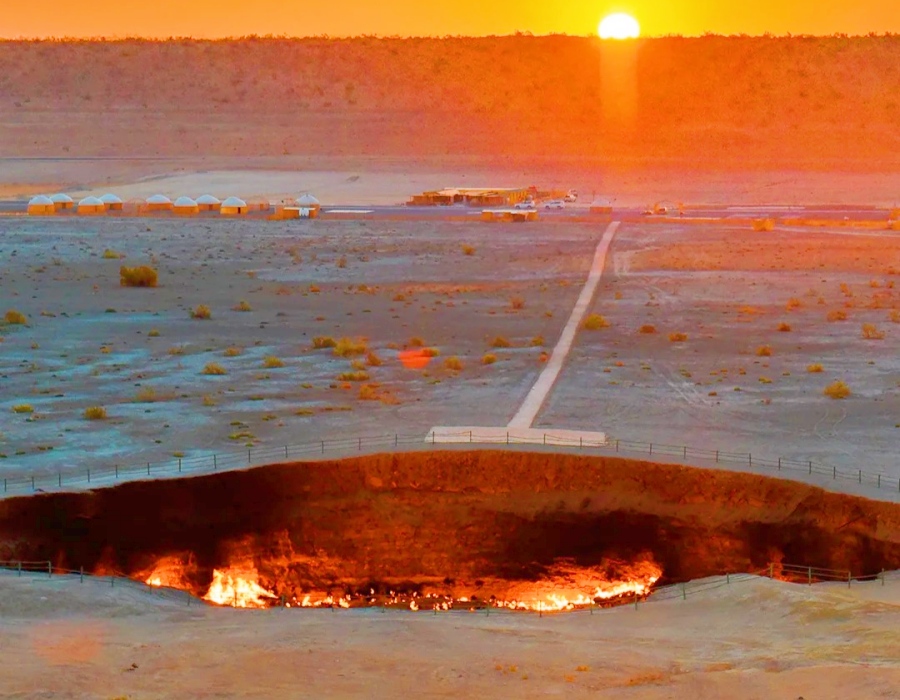
Merv: The Ancient Oasis of Turkmenistan
Merv, an ancient oasis city in Turkmenistan, offers a fascinating glimpse into the history of the Silk Road. Once a thriving metropolis, Merv is now a UNESCO World Heritage site and an incredible place to explore in the summer. The ruins of Merv’s grand city gates, mosques, and mausoleums are set against the backdrop of the Karakum Desert. The summer months allow for a clear view of the city’s expansive ancient structures and the surrounding desert landscapes. A visit to Merv is like stepping back in time to the heyday of the Silk Road, where caravans once passed through this thriving hub of trade and culture.
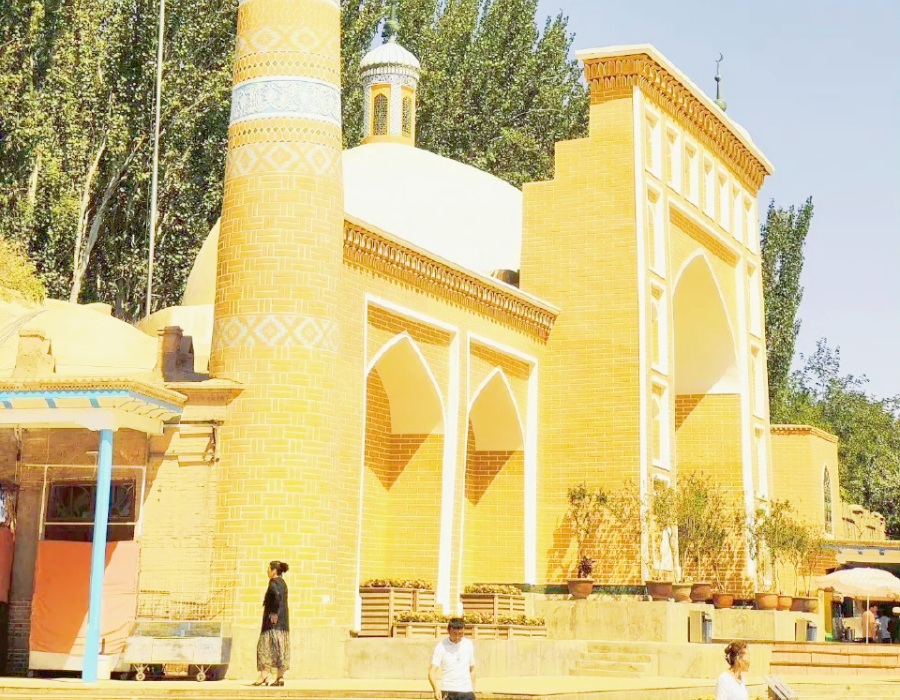
Kashgar: The Heart of the Silk Road in Xinjiang
Kashgar is a historical and cultural crossroads that has been a key part of the Silk Road for centuries. Summer is the perfect time to experience Kashgar’s vibrant atmosphere, from the bustling Sunday Market, where traders from across Central Asia converge to sell their goods, to the stunning Id Kah Mosque, the largest mosque in China. The ancient Old Town of Kashgar, with its narrow alleyways and traditional mud-brick architecture, offers a fascinating glimpse into the region’s history.
Don’t miss the opportunity to visit the nearby Karakoram Highway, one of the highest international roads in the world, which links China to Pakistan and offers spectacular mountain scenery.
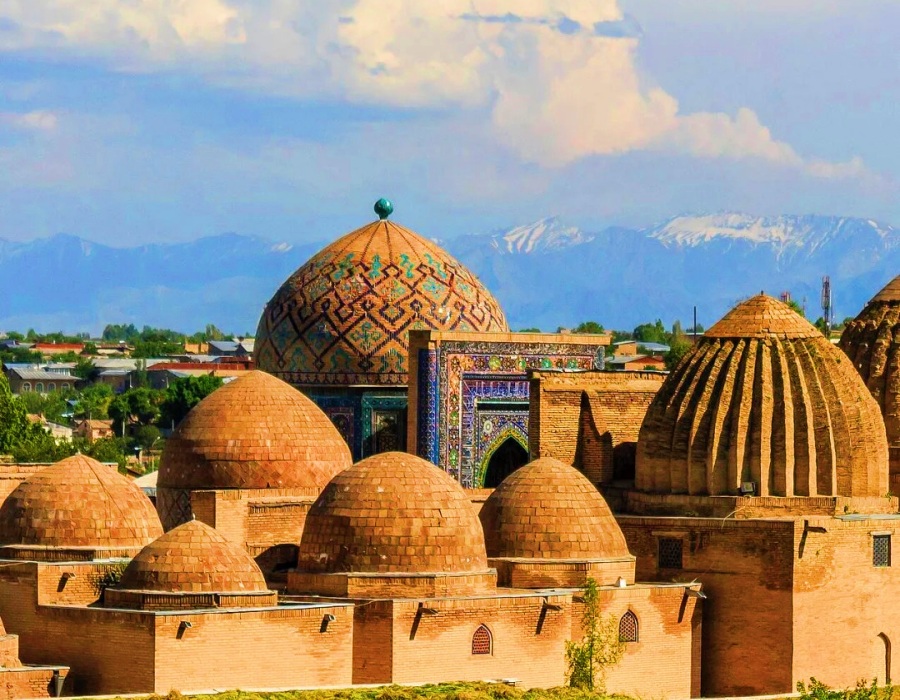
Tashkent: The Modern Face of the Silk Road
Tashkent, the capital of Uzbekistan, blends modernity with the ancient Silk Road heritage. Summer in Tashkent is an excellent time to explore the city’s rich history, including the Khast Imam Complex, the Bukhara Caravanserai, and the Chorsu Bazaar. Tashkent also boasts numerous parks and gardens, offering a peaceful escape from the city’s bustling streets. In addition to its historical sites, Tashkent is known for its vibrant arts and culture scene, with numerous theatres, galleries, and performances during the summer months.
Things to Keep in Mind When Visiting the Silk Road in Summer
Stay Hydrated and Protect Yourself from the Sun
Given the hot summer temperatures, it’s essential to stay hydrated, especially in desert regions like Turpan and Merv. Carry a refillable water bottle and take regular breaks in shaded areas. Sun protection is also crucial—wear sunscreen, sunglasses, and a wide-brimmed hat to shield yourself from the harsh sun.
Embrace the Local Culture and Traditions
The Silk Road is a melting pot of cultures, and each city along the route has its own unique traditions. Be respectful of local customs, especially when visiting religious sites. In summer, many cities host cultural festivals and events, providing the perfect opportunity to immerse yourself in the local culture, try traditional foods, and experience unique performances.
Why Summer is the Best Time to Visit Silk Road
Summer (June to August) is the best time to visit the Silk Road, as the weather is generally dry and conducive to outdoor exploration. However, be prepared for the heat, particularly in desert areas. If you want to avoid large crowds, try to visit in early summer, before the peak tourist season. For cooler temperatures, consider visiting higher-altitude destinations like Tashkent or Xi’an.




